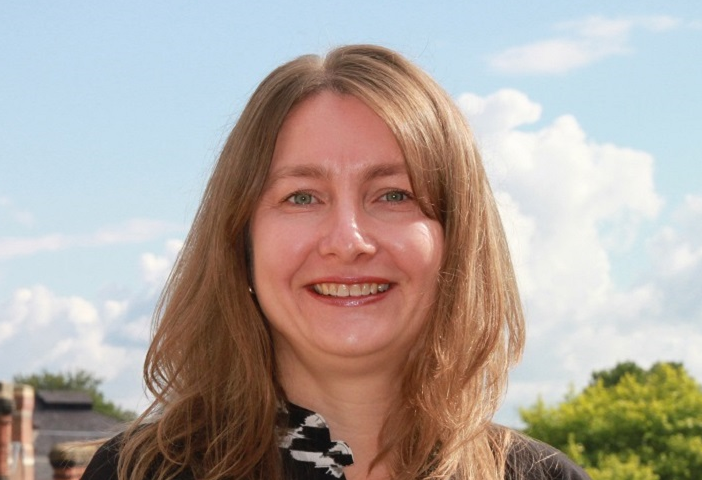Aviva is introducing additional specialist intervention and rehabilitation support for employees living with cardiac or neurological conditions with group income protection.
Following on from launch of its neurodiversity clinical intervention claims pathway in June, Aviva’s new cardiac pathway supports employees living with cardiac conditions to help them stay at work or, where possible, to make a successful and safe return to work.
The insurer will refer employees to a new Cardiac Recovery Support Service provided by a team of occupational therapy and vocational rehabilitation specialists at rehabilitation partner Obair.
The service will be tailored to each employee’s individual circumstances and condition and can help in a variety of ways, such as:
- Identifying and prioritising risk factors
- Understanding how to best manage lifestyle and risk factors
- Building confidence and managing anxiety
- Fatigue management and advice with sleep
- Improving activity tolerances, overall fitness and pacing
- Weight, diet & lifestyle advice
- Advice and strategies on stopping smoking
- Return to work advice, guidance & support.
Supporting employees with neurological conditions
The new Neuro Logical service is provided by neurological occupational therapists at neuro rehabilitation partner Krysalis who can support employees with neurological conditions in the workplace if they are struggling at work or if they wish to make a return to their work.
Employees receive a specialist assessment and, where required, a bespoke neurological vocational rehabilitation programme that focuses on building their skills, supporting their wellbeing and developing their confidence. If required, the support can begin in the home environment initially until the employee transitions back to work and includes work readiness programmes and phased return to work plans to ensure a sustainable return.
Krysalis are also able to support employers, many of whom may never have managed an employee with a neurological condition, to help them better understand an employee’s needs and condition, as well as provide recommendations to overcome everyday challenges and advice on workplace adjustments.
Fran Bruce, MD protection at Aviva, (pictured) said: “The further expansion of our Group Income Protection pathways demonstrates Aviva’s ongoing dedication to supporting corporate customers and helping their employees recover and return to work safely. Neurological and cardiac conditions can be extremely serious, leaving people with significant, often life-changing alterations to their day-to-day function. These conditions can cause long term absences which could have a considerable impact on clients’ businesses. Our pledge to support these individuals to return to as normal a life as possible highlights our customer-focused values and our ongoing commitment to our early intervention and vocational rehabilitation philosophy.”
Anne Byrne, occupational therapist and clinical director at Obair, said: “Obair occupational therapists are well-recognised for providing evidence based evaluation and effective intervention programmes in a number of areas of clinical practice and have expertise in working with individuals whose life has been impacted by a cardiac event or condition. Our Cardiac Recovery Support Programme helps individuals recover their independence and empowers them in their daily lives. We achieve this by focusing on evaluation, education, self-management, independence and return to everyday activity and work.”
Jo Throp, clinical director at Krysalis, added: “The specialist team at Krysalis is delighted to be working with Aviva to deliver their new neurological conditions pathway. Our clinical insights and knowledge will improve the experiences and functional outcomes for many people impacted by these life-changing conditions. This collaboration represents a significant step forward in supporting employees with neurological conditions in the workplace. Our specialist expertise removes the barriers of these complex conditions that would otherwise limit potential and opportunity. Helping individuals and the workplace to recognise what is possible.”
